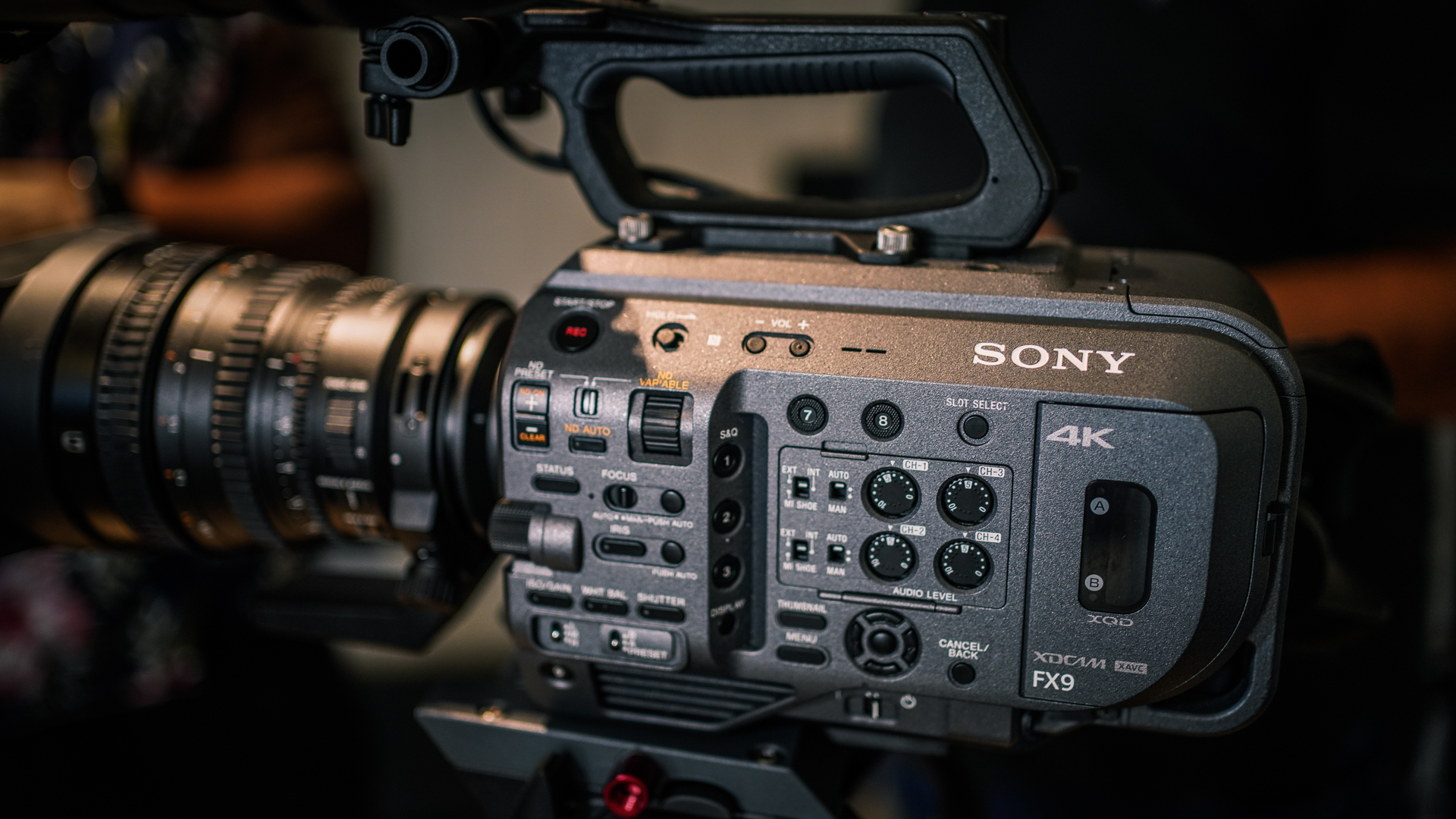The sustainable fiber optic cabling is a 4.5 mm cable in a 10 mm sleeve
KPN will begin testing more sustainable fiber optic cabling that is made from 90% recycled plastic in September in Buitenpost (Friesland) and Nijmegen Dukenburg. The announcement demonstrates the company’s commitment to the ambitious environmental goals it established, including the reduction of its CO₂ emissions by 50%.
The sustainable fiber optic cabling is a 4.5 mm cable in a 10 mm sleeve instead of the conventional 6 mm cable in a 14 mm sleeve, and so there is a reduction of the volume of plastic needed by 50% when laying the cable. Further, the cable and sleeve are also thinner, so a reel can accommodate more, reducing the number of wooden reels required by 70%.
According to KPN, approximately six fewer trucks are needed to deliver the materials for the selected 11,000 connections, saving for each connection equates to 760 plastic carrier bags.
“Using smaller, more flexible cables and sleeves puts less of a strain on the generally full cable routes,” explained Erik van den Oever, who is in charge of the commercial development of the concept at Prysmian Group, which is one of KPN’s partners on the project. “They are also easier to install and spare sleeves can be reused.”
In addition to Prysmian Group, KPN is also working with Allinq, Van Gelder Telecom and VolkerWessels Telecom on the development and testing of the new cable product.
Currently, 32% of Dutch households, or around 2.6 million homes, are connected to the KPN fiber-optic network, and the company hopes to bring that up to more than 40% of households by the end of 2021.












